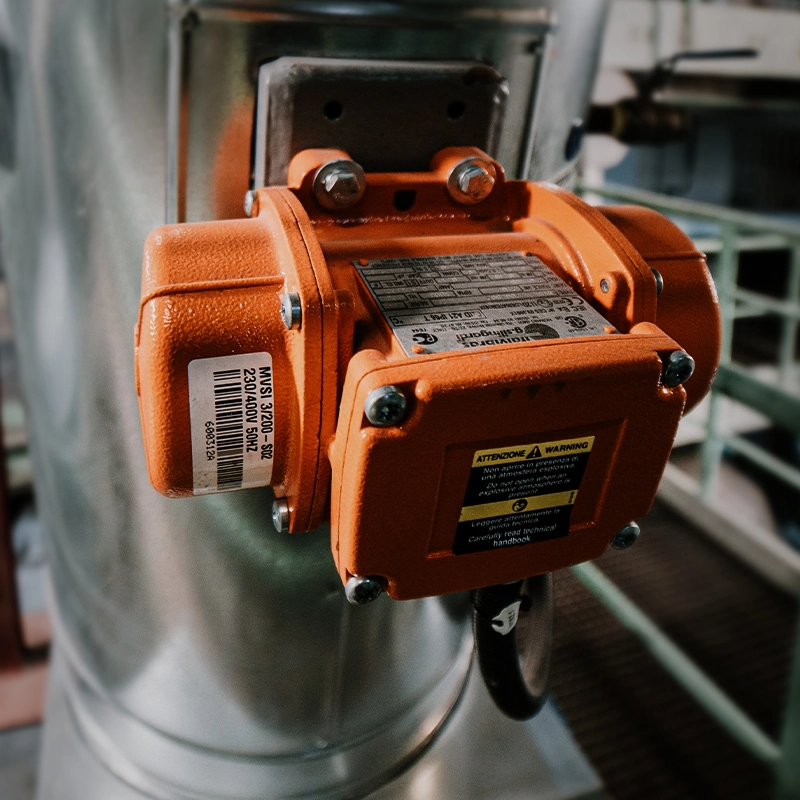Mobile:+86-311-808-126-83
Email:info@ydcastings.com
Understanding the Function and Design Principles of an Impeller in Fluid Mechanics Systems
The Importance of Impellers in Fluid Dynamics
An impeller is a vital component in various engineering systems, particularly in pumps and compressors, where it plays a crucial role in the movement of fluids. Understanding the design and function of impellers is essential for engineers and technicians working in fields such as mechanical engineering, fluid dynamics, and process engineering.
What is an Impeller?
An impeller is a rotating component typically found within a pump or a turbine. It is designed to transfer energy to a fluid, thereby increasing the fluid's velocity and pressure. The basic structure of an impeller usually consists of a hub, which is the central part that connects to the shaft, and blades that extend outward. The blades are responsible for imparting energy to the fluid as it passes through the impeller.
Types of Impellers
Impellers come in various designs, tailored to meet the specific requirements of different applications. The most common types include
1. Centrifugal Impellers These are the most widely used, characterized by their ability to convert rotational energy into fluid motion through centrifugal force. They are typically found in chemical processing, water treatment, and HVAC systems.
2. Axial Impellers These impellers move fluid along the axis of the impeller, creating a flow pattern similar to that of a propeller. They are often used in situations requiring high flow rates with low pressure, such as in ventilation systems.
3. Mixed-Flow Impellers This type combines features from both centrifugal and axial impellers, enabling them to handle moderate flow rates while maintaining efficiency. Mixed-flow impellers can be found in various applications, including wastewater treatment and industrial processes.
Applications of Impellers
an impeller

Impellers are widely used across multiple industries. In the water supply sector, centrifugal impellers are commonly employed in pump stations to ensure the efficient transport of water. In the chemical industry, efficient mixing and pumping processes are achieved using specially designed impellers that can handle viscous fluids and slurries.
Moreover, in the aerospace sector, impellers are instrumental in jet engine design, where they help compress air to maintain the necessary pressure and temperature for combustion. This demonstrates the versatility and critical importance of impellers in not just fluid movement, but also in enhancing the overall performance of mechanical systems.
Factors Influencing Impeller Performance
Several factors can influence the effectiveness of an impeller, including
- Blade Design The shape, size, and angle of the blades significantly impact the flow rate and energy transfer efficiency. Engineers often conduct extensive simulations and testing to determine the optimal design for specific applications.
- Fluid Properties The viscosity and density of the fluid being pumped can affect the performance of an impeller. For high-viscosity fluids, impellers with a larger surface area may be required to facilitate adequate flow.
- Operating Conditions Variables such as rotational speed, pressure, and temperature also play a crucial role in determining how well an impeller performs. Understanding these conditions allows engineers to optimize impeller designs for specific environments.
Conclusion
Impellers are indispensable components in the domains of fluid mechanics and engineering. Their ability to enhance fluid flow and pressure makes them essential for a range of applications, from everyday water pumps to complex industrial machinery. As technologies continue to advance, the design and efficiency of impellers will likely evolve, leading to even more innovative solutions in fluid dynamics. Understanding the underlying principles and applications of impellers not only aids engineers in their work but also contributes to the development of more efficient and sustainable technologies across industries.
-
Why Is Choosing the Right Motor Housing Critical for Engine Performance?NewsJul.18,2025
-
Which Impeller Types Best Optimize Your Pump’s Efficiency?NewsJul.18,2025
-
Optimize Maintenance Efficiency with Durable Oil Catch SolutionsNewsJul.18,2025
-
Maximize Pump Performance with Precision-Engineered ComponentsNewsJul.18,2025
-
Elevate Industrial Flow Systems with Precision-Engineered ComponentsNewsJul.18,2025
-
Boost Durability and Functionality with Precision Power CastingsNewsJul.18,2025











